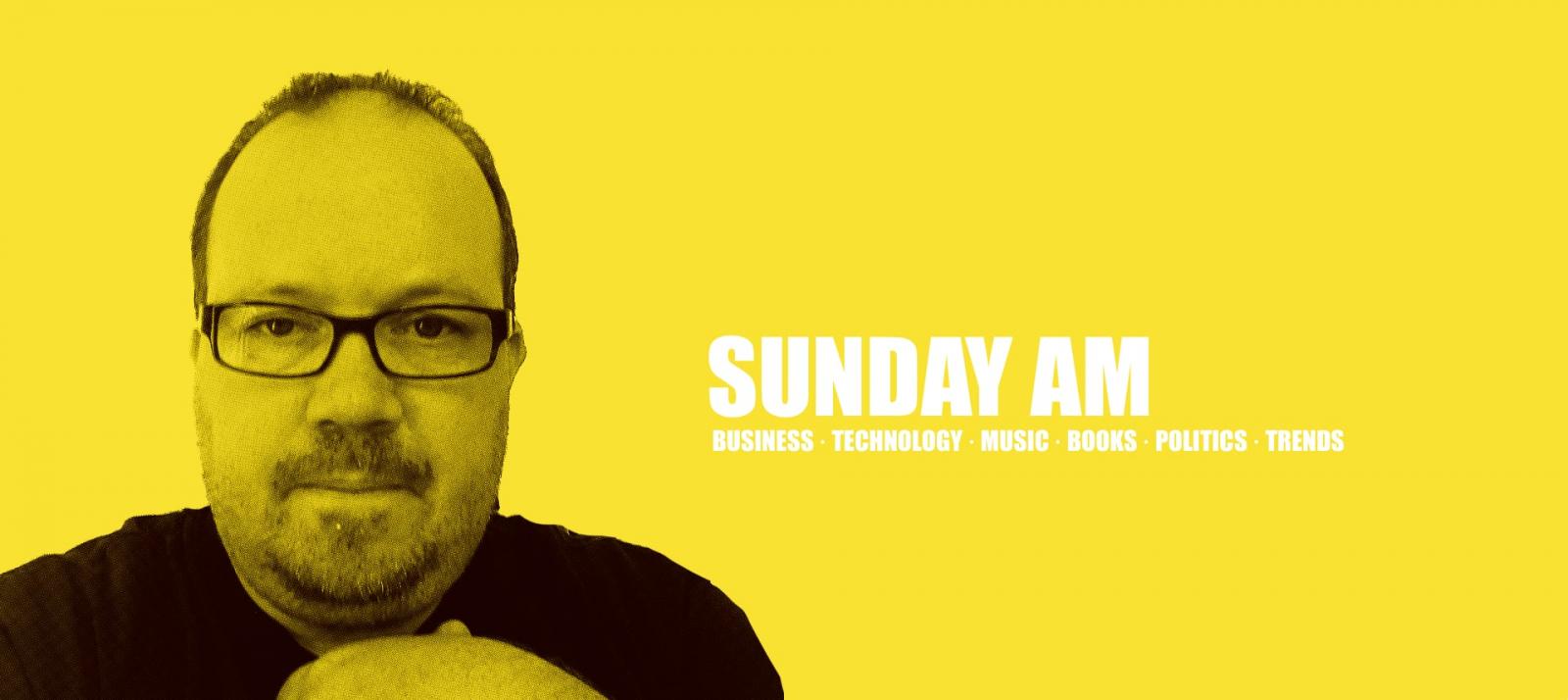
The pandemic financially influences almost all countries in the world. Huge stimulus packages, a dramatically lower production (GNP), and enormous pressures on the health industry, and in general, a change like never seen before is changing the financial markets. The central banks and governments intensively keep inflation, exchange rates, and all the instruments possible to secure the national economy. We all know this, and we can agree or disagree with the measures, but the result will only be visible within some time. In Denmark - a small but relatively strong economy, the central bank now has a negative interest, forcing many Danish banks to introduce negative interest on saving accounts typically exceeding approx. €15,000. This, of course, annoys people, and the Social Democratic government strongly recommends banks not to have a negative interest. The banks, of course, decide for themselves, and we do see competition between banks, so people with a fortune can have an interest in changing to another bank. Why is this important? The minister responsible for trade and commerce doesn't understand the relationship between the negative with the central bank and the national banks need to follow - this is a problem. A minister should realize this, which raises a more generic debate about who can become ministers?
The Danish minister's name is Simon Kollerup. He was born in 1986 now 35 years old with a Master of Science in Economics from the University of Copenhagen. His only work ever is working as a consultant for the Social Democratic Mayer of Copenhagen for one year - he is now responsible for developing trade/commerce/banks in Denmark. His Colleague Foreign Minister Jeppe Kofod is mainly known for his sexual relationship with a 15 years old girl (when he was 34 himself). As I believe that politicians in most countries have limited experience, the question, and the discussion, is what to expect from people with no experience - and even questionable moral?
See you next Sunday!
Login
New User? Signup
Reset Password
Signup
Existing User? Login here
Login here
Reset Password
Please enter your registered email address. You will recieve a link to reset your password via email.
New User? Signup